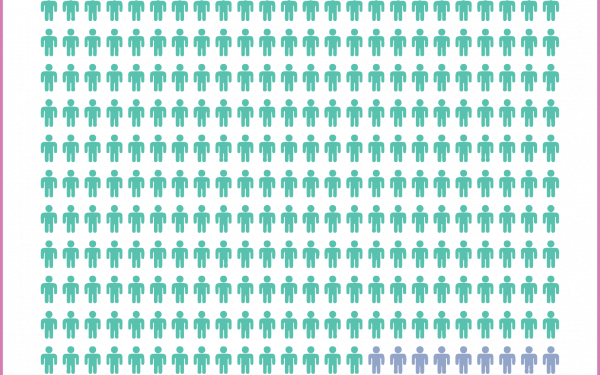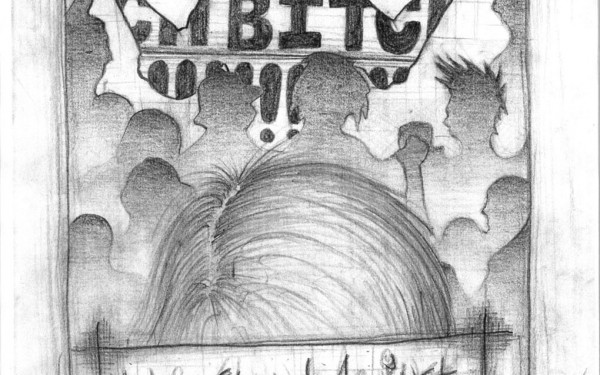Microaggressions Are a Form of Violence
Have you ever caught yourself saying something along the lines of “You’d look better if you dressed for your size?”
Or maybe “Shouldn’t you be wearing pink?” How about “Oh, you don’t act gay?” Or even “Where are you really from?” Those statements aren’t offensive or harmful, right?
Wrong. In reality, these are all forms of sexist microaggressions—and they’re a very real form of violence.
Microaggressions are subtle insults against people of a marginalized group that are derogatory, set them out as “others,” and make them feel small. There are three forms of microaggression.
The first is the microassault—an unmasked discrimination, like name-calling. The second and most common kind is the microinsult—a rude snub that reinforces stereotypes and degrades a person’s identity. The last kind of microaggression—and possibly the most damaging—is the microinvalidation. Microinvalidations disregard and discredit a person’s thoughts and feelings concerning their identity.
People in all marginalized groups face microaggressive behavior on a daily basis. Microaggressions indicate to a person that you think of them as abnormal, different, or as an “other.”
To undermine someone’s feelings, to suggest that they’re hypersensitive or overreacting, actually normalizes hatred and perpetuates oppression.
Though microaggressions don’t seem like a big deal individually, those who are subject to them can feel the weight of them build over time, leaving a lasting feeling of smallness and insecurity. And while we’re not always speaking from a place of malice, the damage that these kinds of comments can cause is real.
A study at the University of New Hampshire shows that microaggressions not only have detrimental effects on a person’s mental health, like depression and anxiety, but also impact a person’s physical health—increasing risks of autoimmune diseases as well as heart disease.
Ignorance isn’t normal. We need to stop passing hateful comments off as casual statements. We all make mistakes, but we also all need to ask ourselves how we might be complicit in this kind of violent rhetoric.
If our comments wound someone, it’s our responsibility to be accountable for that hurt. Instead of telling someone to lighten up, apologize and recognize the impact that words can have on a person.
Other common sexist microaggressions include gendered insults, comments on appearance—as if it’s all that matters—dismissing feminist opinions on traditionally male topics, rape jokes, questioning of credentials based on someone’s gender, claiming that safe spaces disadvantage or punish men, and so on.
Be an ally and consider the weight of your words. Before complaining that people are overly sensitive, ask yourself if you really want to contribute to a climate of hostility and ignorance.




_1_600_375_90_s_c1.jpeg)
